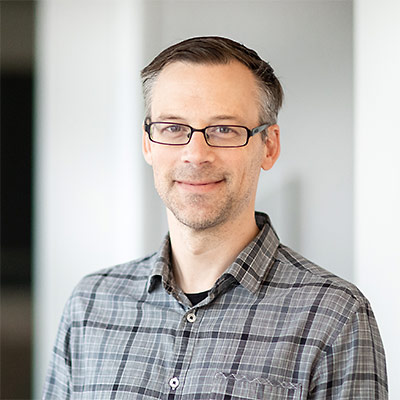Geographies of Persecution in Occupied Paris: Place and Space in Survivors’ Testimonies
In France, Holocaust perpetrators did not segregate Jews in ghettos before deportation, and thus the first stages of antisemitic persecution affected Jews in everyday urban space. Indeed, in the West, the early stages of the Holocaust took place in the victims’ most familiar places, both in public and private spaces, where they lived and worked every day, in their apartments, their streets, and in daily environments.
Listening for the Romani Holocaust
Doheny Memorial Library, Room 241
3550 Trousdale Parkway
Los Angeles, CA 90089
United States
If listening is a form of acknowledgment, can we hear the Roma? In this talk, Ioanida Costache (PhD candidate, Stanford University) problematizes the staggering silence and forgetting surrounding Romani persecution during the Holocaust, a history that has been muted or distorted for decades.
Ayşenur Korkmaz lectures about the notion of home in Armenian genocide testimonies
“Narratives of ‘Home’: Violence, Spatial Belonging, and Everyday Life for Armenian Genocide Survivors”
Ayşenur Korkmaz (PhD candidate in European Studies, University of Amsterdam)
2019-2020 Robert J. Katz Research Fellow in Genocide Studies
November 19, 2019
Anna Lee Lecture lectures about survivor activism
“Survivor Activism in the Aftermath of Historical Genocides and Contemporary Mass Shootings”
Anna Lee (USC undergraduate, English major, Spanish and TESOL minor)
2019 Beth and Arthur Lev Student Research Fellow
November 5, 2019
Center for Advanced Genocide Research conference yields book about Kristallnacht
The USC Shoah Foundation Center for Advanced Genocide Research is proud to announce the publication of a new book entitled New Perspectives on Kristallnacht: After 80 Years, the Nazi Pogrom in Global Comparison, edited by Wolf Gruner and Steve Ross.
CAGR Conference Summary - The Future of Holocaust Testimonies V (March 2019)
CAGR Conference Summary - In Global Transit: Forced Migration of Jews and Other Refugees (1940s -1960s) (May 2019)
CAGR Conference Summary - Comparative Lenses: Video Testimonies of Survivors and Eyewitnesses of Genocide and Mass Violence (June 2019)
Testimonies from 1937 Nanjing Massacre in China fully indexed and subtitled
In China, the number of people still alive who survived the 1937 Nanjing Massacre at the hands of Japanese invaders has fallen to minuscule levels – some experts put the number around 80.
USC Shoah Foundation’s collection of about 100 testimonies of survivors from this rampage that killed some 300,000 civilians and unarmed soldiers includes the vast majority of them.
This fall, the Institute reached a milestone: The entire collection of Nanjing testimonies has been indexed and subtitled in English.

